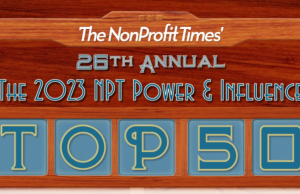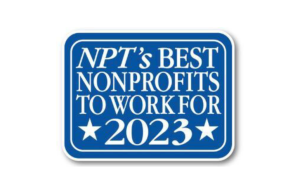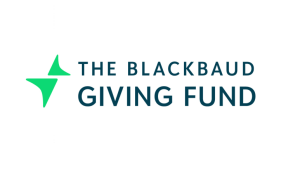Donation matching, recurring giving and peer-to-peer fundraising pages all generate higher gifts on average. Those findings in The State of Modern Philanthropy 2021 from Classy aren’t Earth-shattering but the report includes a plethora of statistics to help nonprofit managers develop effective strategies to raise more money.
The San Diego-based cloud fundraising B-corporation released its annual State of Modern Philanthropy report for 2021. Data is derived from more than 4,800 organizations, 46,000 active campaigns and $1 billion raised. Of the total 9.4 million donations, almost 4 million were recurring gifts.
The State of Modern Philanthropy 2021 “seeks to showcase the strategies that were not only effective for nonprofits as they navigated 2020, but what we believe will be essential for organizational success moving forward,” the report’s authors wrote.
Among the report’s key findings:
- Campaigns that leverage donation matching raise three to five times more money than those that do not.
- The average monthly recurring gift made through automated clearing house processing (ACH) is 55% larger than recurring gifts made with credit cards.
- The median amount raised by events in which attendees raise money on behalf of an organization through peer-to-peer fundraising pages, typically is 4.5 times greater than ticketed events.
“The power of peer-to-peer to increase your reach cannot be overstated.” On average, four out of five donors who donate to an individual’s fundraising page will be new to the organization. The median amount raised through a ticketed event was $1,775, compared with $7,973 via peer-to-peer and $7,919 for registration with fundraising. The median amount raised by an individual fundraiser was $103, compared with an average amount of $475.
“Online giving has been on the rise for years, but the events of 2020 accelerated its growth. Online fundraising campaigns and virtual events enable organizations to increase their reach and dollars raised when thoughtfully executed,” the report’s authors wrote. “To optimize your investment in online giving, you need to ensure you have the right strategies in place to convert and acquire donors. Otherwise, you are leaving fundraising dollars on the table.”
Recurring giving is a big part of the Classy platform. Among organizations that raise more than $50 million online annually, the percent of total revenue from recurring gifts increased by 10% from 2019. Health organizations had the largest percentage of recurring donors at 25%, which could be attributed to the health sector taking center stage to the pandemic and more people potentially starting recurring gifts during that time frame. Organizations with revenue greater than $50 million grew their percent of total revenue collected through recurring gifts from 26% in 2019 to 37% in 2020.
The median monthly recurring gift via Classy was $23 and the average monthly recurring gift was $42. The median length of recurring gift was 11 months compared with 13 months for the average length of recurring gift.
The Classy platform allows supporters to increase gifts to help cover the costs of the transaction, a.k.a., Classy mode, with a customizable percentage of 0% to 15%. Almost two-thirds of donors (65%) volunteer to cover the Classy Mode percentage when given the opportunity. When the option is auto-selected and enabled by default, the percentage jumps to 85%.
Traffic from mobile devices was 58% compared with 42% from desktop yet only 7% of desktop traffic comes from social media. “It’s very possible that desktop visitors are more familiar with your cause and are arriving from avenues such as your website or email communications.”
Among checkout forms with the lowest gift size suggestion of $10 and the highest give size suggestion of $200, more than two out of five visitors (41%) made a donation. Meanwhile, forms in which the lowest gift suggestion was $250 still saw a conversion rate of 37%.
On Giving Tuesday, Classy sees eight times more new donors, and eight times more returning donors, compared with a typical day. Some 28% of its annual donation volume (about 1 of every 3.5 donations) takes place between Giving Tuesday and the end of the calendar year.











